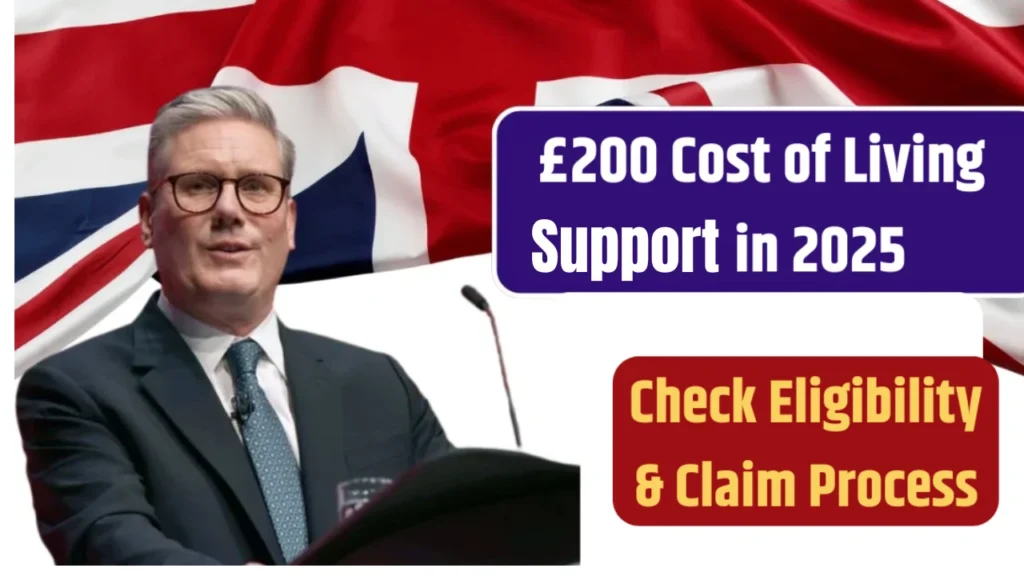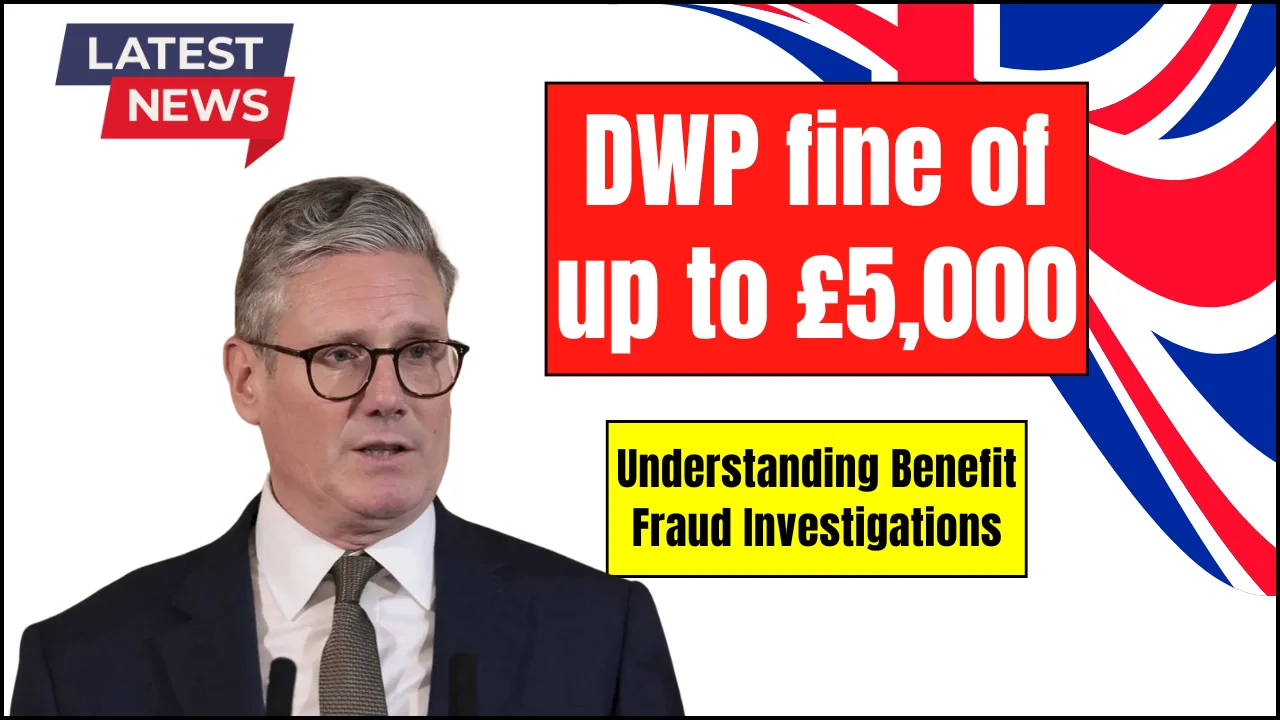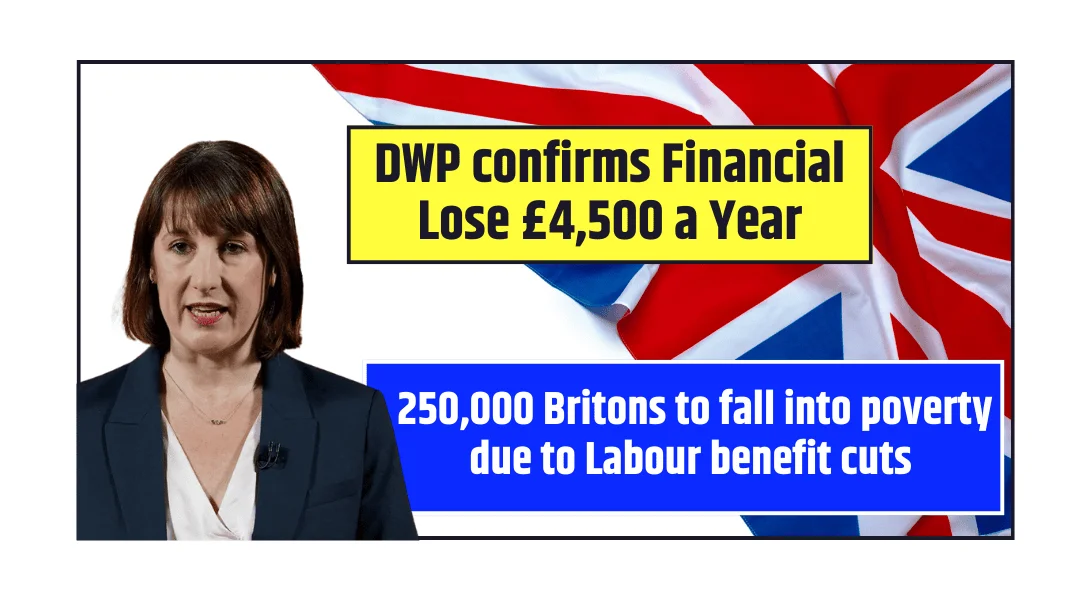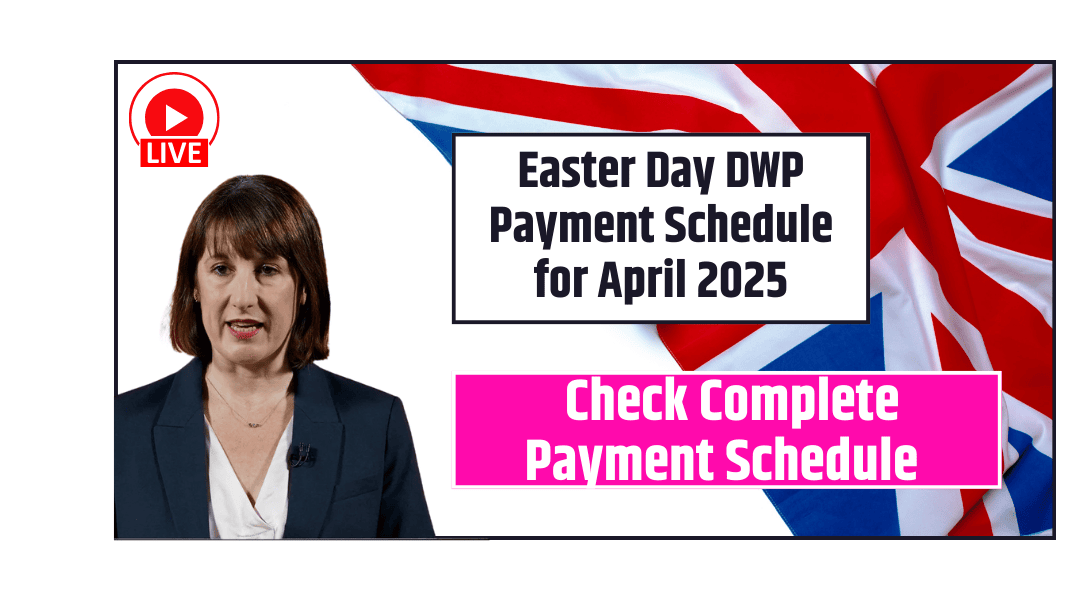
With everyday expenses continuing to rise across the UK in 2025, many households are finding it increasingly difficult to stretch their budgets. Fortunately, the UK government has extended the Household Support Fund (HSF), which includes a £200 Cost of Living Payment for eligible residents.
This vital financial support, distributed through local councils, aims to help people manage rising energy bills, food costs, and other essential expenses. Here’s everything you need to know about claiming this important payment.
Read Also – DWP Confirmed “End to Reassessments” for State Pensioners
Understanding the Household Support Fund
The Household Support Fund was first introduced in 2021 as part of the government’s response to financial hardships caused by the COVID-19 pandemic. The fund has been extended several times, with the latest extension confirming its continuation until at least March 2026.
The HSF provides funding to local councils, who then determine how best to distribute this money to residents experiencing financial difficulties. For 2025, many councils are using part of their allocation to provide one-off £200 payments to qualifying households.
Read Also – DWP £18,570 Tax-Free Income 2025
UK £200 Cost of Living Payment In 2025 Overview
| Information | Details |
|---|---|
| Amount | £200 per eligible household |
| Purpose | Support for essential living costs (food, utilities, clothing) |
| Funding Source | UK Government through the Household Support Fund |
| Administration | Local councils throughout England |
| Application Method | Online or paper forms via your local council |
| Application Deadlines | Variable by council (many end March 2025) |
| Effect on Existing Benefits | None – this payment will not impact your current benefits |
Who Can Receive the £200 Payment?
While eligibility requirements vary between different councils, most follow similar guidelines. You may qualify if:
- You live within your council’s area
- You have a low income or receive means-tested benefits
- Your household savings are below a specific threshold (typically £2,000)
- You’re a pensioner, carer, or disabled person facing financial challenges
- You haven’t recently received a similar cost of living grant
For example, Dudley Council offers payments to households with annual incomes below £40,000 (or £30,000 for single-person households) with savings under £2,000. East Riding of Yorkshire Council applies similar criteria and includes residents receiving council tax support or Universal Credit.
How to Apply for Your Payment
Application processes differ between councils, but generally follow these steps:
- Visit Your Council’s Website – Find the section about the “Household Support Fund” or “Cost of Living Support.” If you’re unsure which council covers your area, use the council finder tool on GOV.UK.
- Check Your Eligibility – Read the specific requirements carefully, as they vary between councils.
- Prepare Your Documents – You’ll likely need:
- Proof of address
- Income or benefits documentation
- Recent utility bills
- Bank statements showing your savings
- Complete Your Application – Submit either online or using a paper form (depending on your council’s system).
- Apply Before the Deadline – Many councils will close applications by the end of March 2025, so don’t delay.
What You Can Use the Payment For
The £200 payment is designed to be flexible, helping with various essential expenses:
- Energy bills (gas, electricity, water)
- Food and household necessities
- Winter clothing or bedding
- School uniforms or educational equipment
- Home repairs or essential appliances
Some councils provide direct bank transfers, while others issue supermarket vouchers or energy credit vouchers.
Examples from Different Councils
- Cheshire West and Chester Council: Provides £200 direct payments to eligible residents, with bank details required before March 31, 2025.
- Birmingham City Council: Offers grants up to £200 through their Hardship Grant Community Fund, focused on food and energy costs.
- North Tyneside Council: Issues winter fuel vouchers worth up to £200 for pensioners not receiving Pension Credit.
- Dudley Council: Supports households earning under £40,000 with savings below £2,000, requiring proof of eligibility.
Impact on Existing Benefits
Good news – the £200 payment won’t affect any benefits you currently receive, including:
- Universal Credit
- Pension Credit
- Housing Benefit
- Income Support
This is because the payment is classified as local discretionary support and isn’t counted as income for benefit assessments.
Other Available Support
Even if you don’t qualify for the £200 payment, you might be eligible for other assistance through the Household Support Fund:
- Free school meal vouchers during holiday periods
- Assistance with rent or council tax arrears
- Additional support for carers and disabled individuals
- Programs to replace essential household appliances
Frequently Asked Questions
Q1 = Can I apply more than once?
Answer = Generally, you can only receive one payment per household. Check your local council’s specific rules.
Q2: What if I don’t have internet access?
Answer = Most councils provide telephone support or paper application forms available by calling their helpline.
Q3 : Do I need to be receiving benefits to qualify?
Answer = Not necessarily. Many councils assess eligibility based on household income rather than benefit status. Working households under certain income thresholds may qualify.
Q4: How quickly will I receive the payment?
Answer = Processing times vary significantly. Some councils complete payments within a week, while others may take several weeks, especially during busy periods.
Q5 : What happens if I miss the application deadline?
Answer = Late applications are typically not accepted. It’s essential to submit your application as soon as possible.




